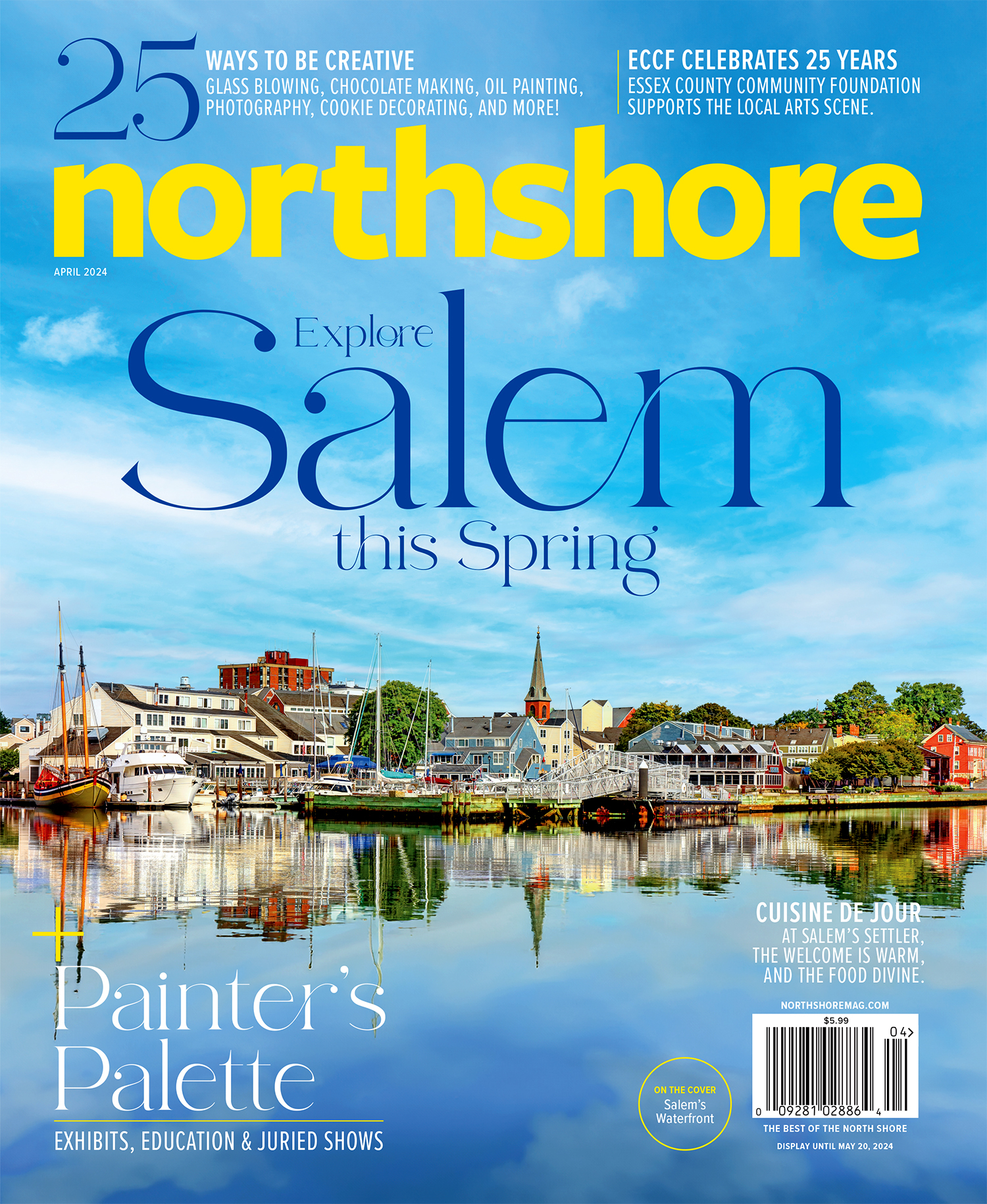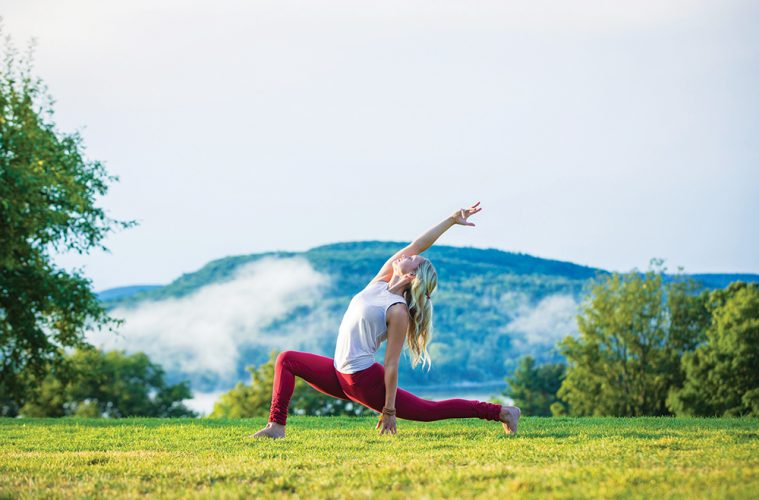In an age of meditation apps and yoga for marathoners, the idea of mindfulness is about as fringe as the sleeve tattoo. But just two and a half hours across the state, nestled in the Berkshires, Kripalu has been drawing the seeker of mindfulness since the early 1980s. A haven from our hectic lifestyles, the place simply asks us to stop and be. Through the practice of yoga, Ayurvedic medicine, the healing arts, and, yes, mindfulness workshops, the Kripalu Center for Yoga and Health offers a recipe for being more like the Buddha: be awake.
The first time I visited Kripalu was for a five-day writing workshop called “Writing from the Heart.” That was 10 years ago, when I was a burned-out newspaper reporter, and somewhat into yoga. Retreating from writing only to write some more was kind of ironic. But I bonded with the teacher and loved the idea of not having to hunt down interview subjects or craft the perfect lead. Instead, I was tasked with writing what I had to say…from within (gulp).
During that intensive week of doing down dogs, walking in the woods, and more writing, I listened to my classmates’ intimate stories from their hearts and witnessed their tears, and I simply couldn’t repress the urge to “report” back on this fascinating institution, a former ashram with a storied past of swamis and devotees.
Thirty-five years ago, Swami Kripalu spiritually nurtured 350 residents in a former Jesuit seminary on a sprawling estate that once belonged to Andrew Carnegie. And still, it’s easy to observe today all manner of characters roaming the monastic hallways, from the person who always seems to be calling out to someone named Joseph to those utering priceless overheard statements like “Trust me, I really want to, but I find looking directly into your eyes just too intense.”
Eight visits later, I know the back way to get from the sunrise studio to the sunset room. I know how to avoid long lunch lines, am acquainted with Monk’s Pond—in summer and winter—and like to take the long way to the sauna, observing the underbelly boiler room along the way.
So when I was asked along on a weekend this fall called “Heart of Kripalu,” I was ready to explore that, too. Stephen Cope, Kripalu’s scholar-in-residence, is the king of letting down your hair. Seated on throw pillows on the floor with a couple dozen folks, Cope examined the importance of human connection.
Mirroring is a common thread in yoga—get your body to move and resemble, as much as it can, the willowy yet strong yoga teacher at the front of the room. But we spent time on it as a concept in an off-the-mat kind of way—to learn to be positive mirrors for each other. Or as Cope put it, “We are co-creating one another all the time.”
Discussing some of the themes in his latest book, Soul Friends, Cope moved around the room, asking us to describe a time when we excelled at something because someone saw our potential. The moving stories included a mother reconnecting with her estranged daughter, a dental instructor at Tufts guiding her students through surgeries, and on and on. During dinner, we met a young man who had spent time in a juvenile detention center, and he shared how working with Kripalu instructors gave him the tools to self-soothe.
Though you’ll no longer see Swami Kripalu today, you may see the likes of Eat, Pray, Love author Elizabeth Gilbert on the program roster or world-famous yoga teacher Rodney Yee swarmed by fans. In the 10 years that I’ve been going to Kripalu, it has grown steadily in popularity along with of yoga. A destination that once had live-in followers is now a sanctuary for weekenders in desperate need to do as the institution’s tagline says: “Explore the Power of You.”
In the last decade, newly built high-end accommodations have appeared alongside the old seminary, the clientele has diversified, and programming descriptions have expanded beyond dharma and kabbalah to include more mainstream titles like “Snowshoeing and Yoga” and “Secrets of Great Relationships.” But still hidden among the rolling hills of the breathtaking property are shrines covered in hopeful offerings and heartfelt written messages. Breakfast is still served and eaten in respectful silence, and the noon yoga dance on Saturdays is still a self-expressive celebration of free movement set to live drumming. There is a feeling of going back home every time I step through its front door.
And it doesn’t hurt that someone still seems to be perpetually calling for Joseph.

